Experts Share Must-Read Books and Films for Genocide Awareness Month

Looking back, the month of April marks the start of some of the most horrific genocides – Rwanda, Cambodia, Armenia, Anfal campaign against Kurds – and it is also the end of others, like the liberation of Auschwitz, which is why the month has been deemed Genocide Awareness Month. And the year of 2025 further marks pivotal anniversaries – the 30th anniversary of Srebrenica during the Bosnian War, the 50th anniversary of Cambodia’s Khmer Rouge, and the 90th anniversary of the beginning of the Armenian genocide.
The United States has also played a pivotal role in many of these unfortunate and deadly moments in history. But with all this atrocity, the history books can only cover so much. And each country has a different history to tell depending on their role in the genocide and who or where the story comes from, be it a survivor, a government, an organization, or a bystander. Films and books can tell these stories in a variety of ways, and by rounding out our experiences, only then can we begin to understand and not repeat the mistakes of the past.
We turned to the co-founders of the Mass Atrocity Research Initiative (MARI), SIS professors Jeff Bachman and Claudine Kuradusenge-McLeod, for their recommended reads and watches.
2025 marks an anniversary for a number of unfortunate moments in US foreign policy history in which it contributed to death, destruction, and genocide, particularly in Southeast Asia. In 1965, the United States supported Suharto and Indonesia as upwards of a million real and perceived communists were murdered between October 1965 and spring 1966. If not for the exclusion of political groups from the United Nations Convention on the Prevention and Punishment of the Crime of Genocide, this would be one of the most obvious cases of genocide in modern history. Then, in 1975, the United States supported Indonesia’s brutal and genocidal invasion and occupation of East Timor and continued to support Suharto’s occupation for the next 24 years.
Also in 1965, the United States escalated its war on Vietnam, a war for which some estimates cite over three million people killed. From 1965-1975, the United States dropped upwards of eight million tons of bombs and other munitions on South and North Vietnam and used 400,000 tons of napalm. During this period, the United States also bombed Cambodia, along its border with Vietnam. Nearly 3 million tons of ordnance was dropped between 1965 and 1973, killing what might be a low estimate of 150,000 people. Moreover, according to researchers Taylor Owen and Ben Kiernan, “Civilian casualties in Cambodia drove an enraged populace into the arms of an insurgency that had enjoyed relatively little support until the bombing began, setting in motion the expansion of the Vietnam War deeper into Cambodia, a coup d’état in 1970, the rapid rise of the Khmer Rouge, and ultimately the Cambodian genocide.”
For anyone interested in learning more about the connections between the United States and genocidal governments, the role of politics in the development and application of the Genocide Convention, and cultural genocide, I have Professor Bachman has two books and an edited volume on the subjects:
Films
- Bosnia: Years Eaten by Lions (Godine koje su pojeli lavovi) (Boro Kontic, 2010)
- This film looks at the Bosnian War and the ethnic cleansing that occurred during the 1990s. It follows the personal stories of survivors and the deep trauma caused by the violence. The film provides a poignant reflection on how nationalism and ethnic division led to genocide in the region.
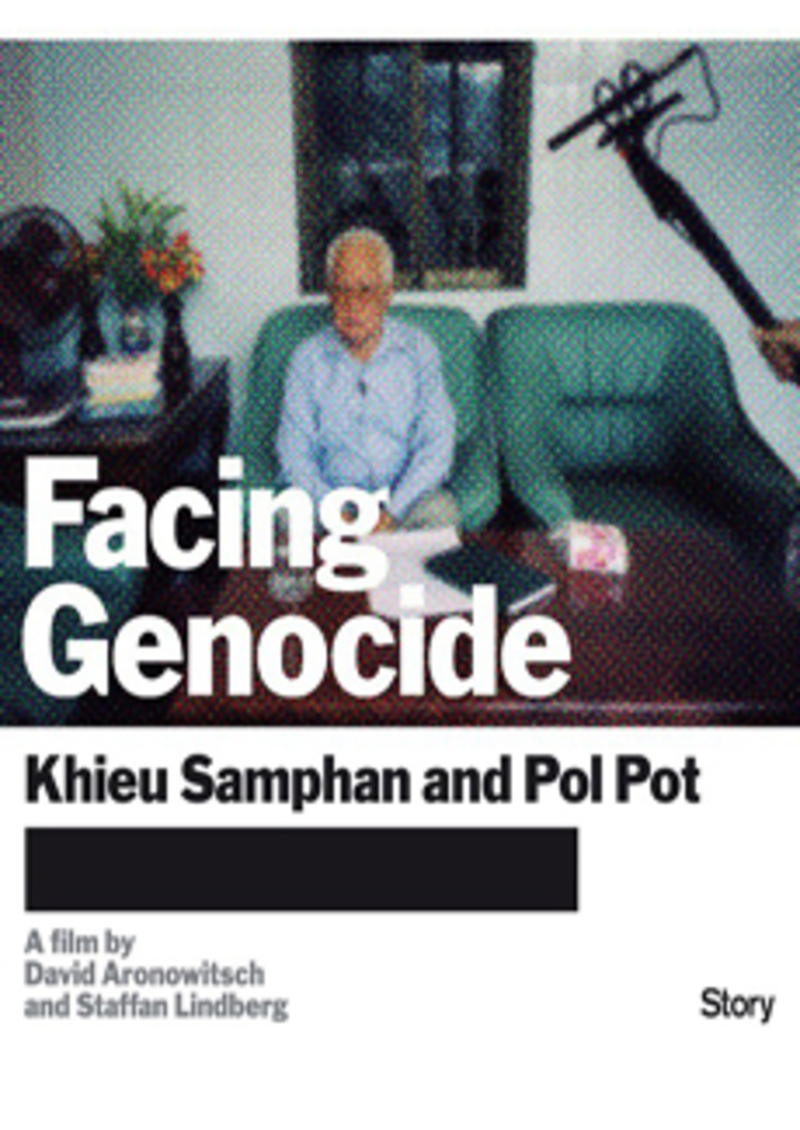 Cambodia: Facing Genocide: Khieu Samphan and Pol Pot (David Aronowitsch/Staffan Lindberg, 2010)
Cambodia: Facing Genocide: Khieu Samphan and Pol Pot (David Aronowitsch/Staffan Lindberg, 2010)
- This documentary looks at the Khmer Rouge regime and the devastating genocide in Cambodia. Through interviews with survivors and experts, the film examines the ideology and political motives behind the regime’s brutal actions, which led to the deaths of millions. It’s a sobering and thought-provoking exploration of political violence.
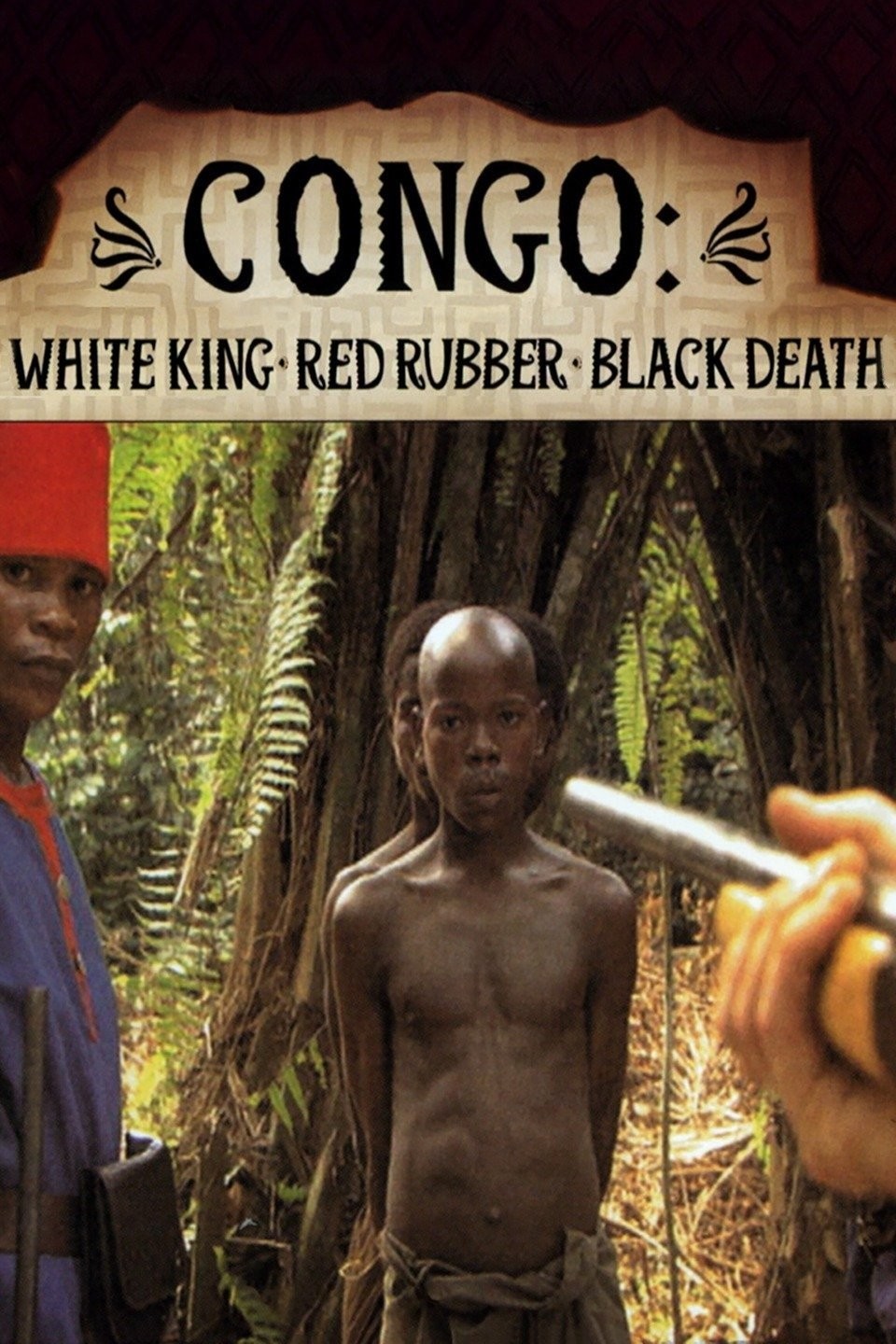 Congo: CONGO: White King, Red Rubber, Black Death (Peter Bate, 2003)
Congo: CONGO: White King, Red Rubber, Black Death (Peter Bate, 2003)
- This documentary exposes the horrific exploitation and genocide of the Congolese people under King Leopold II’s rule in the Congo Free State. Through archival footage and historical analysis, the film chronicles the brutal tactics used to extract rubber and other resources, including forced labor, mutilations, and mass killings. It serves as a stark reminder of the colonial legacy and its long-lasting effects on Congo’s development.
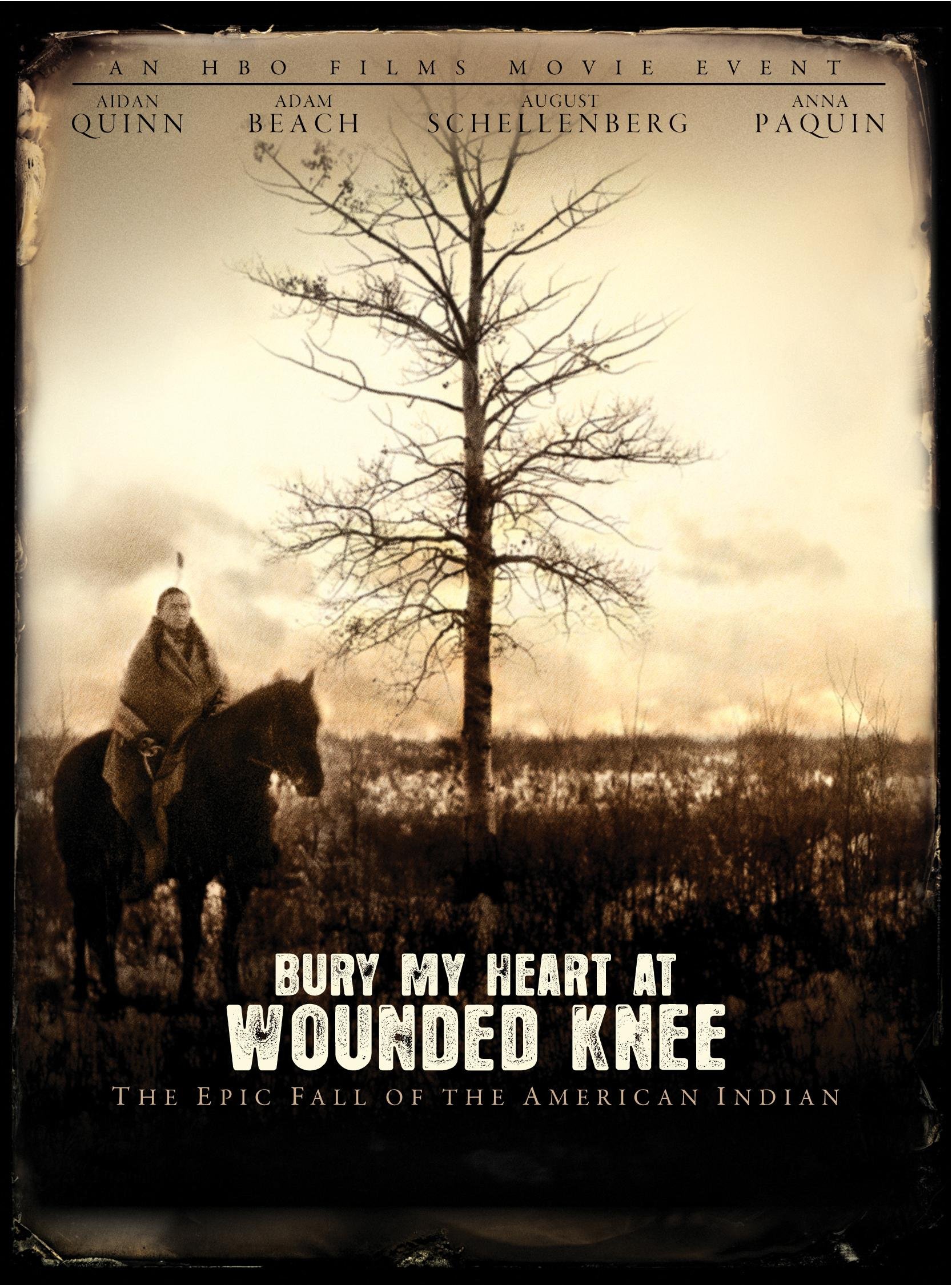 Indigenous genocide: Bury My Heart at Wounded Knee (Yves Simoneau, 2007)
Indigenous genocide: Bury My Heart at Wounded Knee (Yves Simoneau, 2007)
- This film adapts Brown's book into a dramatic portrayal of the events leading up to the Wounded Knee Massacre, focusing on the US government's betrayal of Native Americans. It provides a harrowing look at the destruction of Native American cultures and the brutality of the US Army in its quest to quell resistance. The film vividly portrays the human cost of colonialism and imperialism.
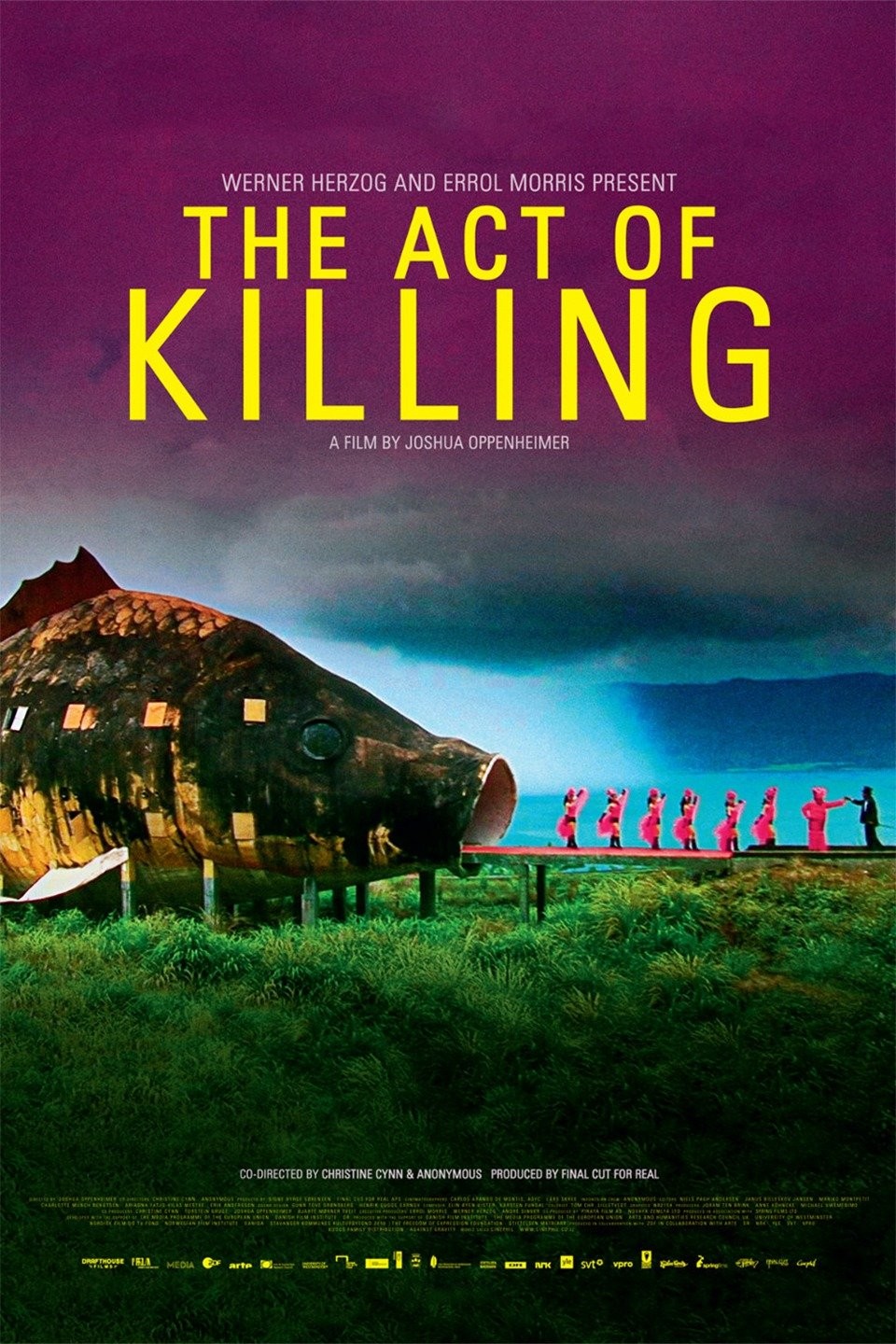 Indonesia: The Act of Killing documentary
Indonesia: The Act of Killing documentary
- I recommend this documentary because it offers a view of some of the perpetrators of murder in Indonesia in 1965 and 1966. The general lack of remorse for and detachment from the impacts of this violence on families and communities is both startling but important to see.
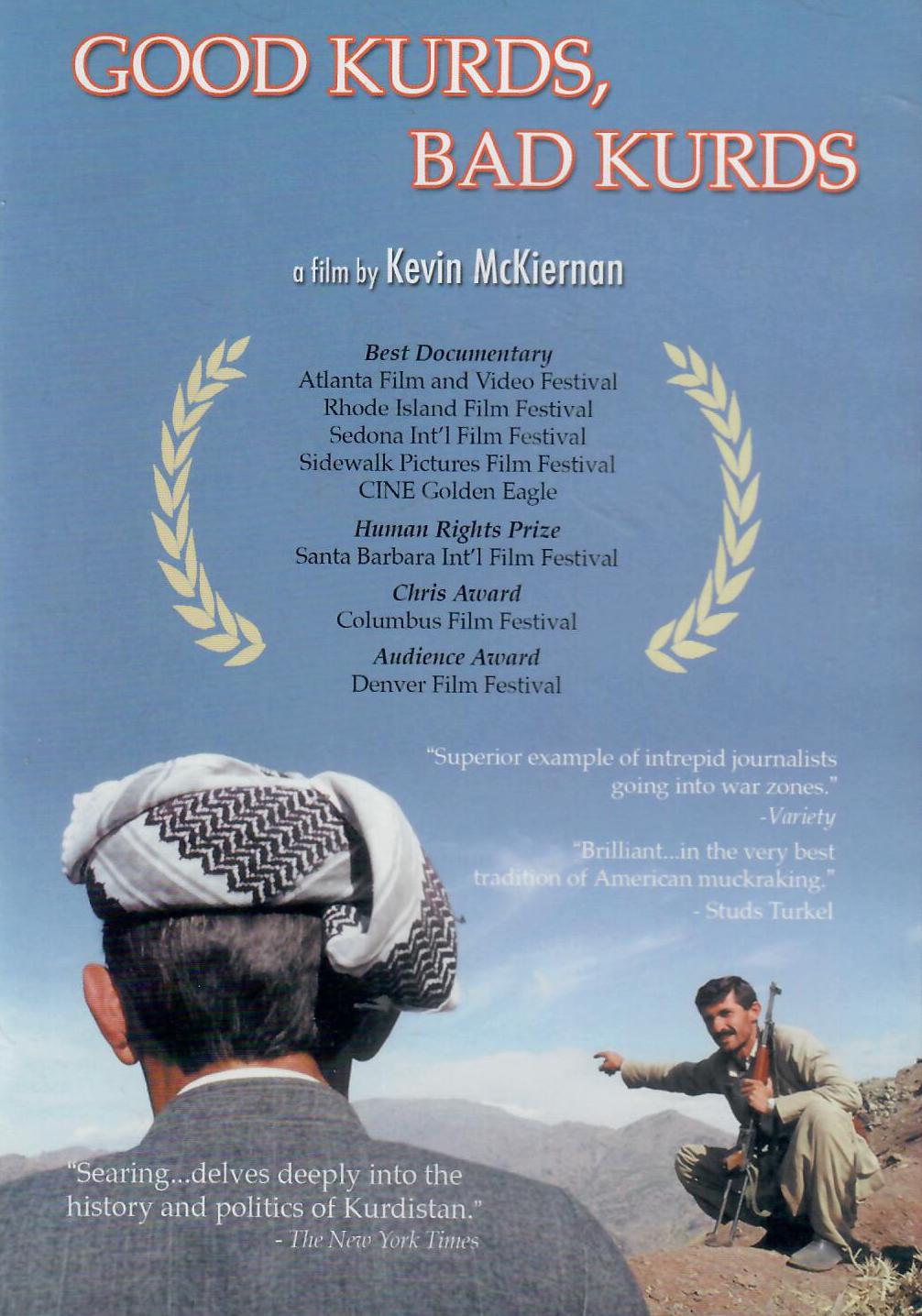 Iraq, Kurdistan region: Good Kurds, Bad Kurds (Kevin McKiernan, 2000)
Iraq, Kurdistan region: Good Kurds, Bad Kurds (Kevin McKiernan, 2000)
- This documentary explores the long history of the Kurdish people and the genocide they’ve suffered at the hands of various Middle Eastern governments, especially Iraq under Saddam Hussein. It focuses on the 1988 Anfal campaign, where tens of thousands of Kurds were killed or displaced. It’s a great resource for understanding the complex political dynamics in the Middle East.
 Rwanda: Sometimes in April (Raoul Peck, 2005)
Rwanda: Sometimes in April (Raoul Peck, 2005)
- Sometimes in April is a powerful dramatization of the 1994 Rwandan genocide, focusing on the lives of ordinary people caught up in the violence. The film depicts the horrors of the genocide from multiple perspectives, illustrating both the overwhelming cruelty of the Hutu extremists and the resilience of survivors. It is an emotional and haunting portrayal of one of the most tragic events of the 20th century.
 Rwanda: Shake Hands with the Devil: The Journey of Romeo Dallaire (Peter Raymont, 2004)
Rwanda: Shake Hands with the Devil: The Journey of Romeo Dallaire (Peter Raymont, 2004)
- This documentary follows Romeo Dallaire, the Canadian peacekeeper who led the UN mission during the Rwandan genocide. It focuses on his personal journey, the moral dilemmas he faced, and the emotional scars he carries after witnessing the failure of the international community to stop the killings.
Books
 Armenia: The United States and the Armenian Genocide: History, Memory, Politics, by Julien Zarifian
Armenia: The United States and the Armenian Genocide: History, Memory, Politics, by Julien Zarifian
- I recommend this book because it is written by our own visiting scholar, Julien Zarifian, and because it is the most comprehensive and detailed account of the domestic and international politics associated with the significant amount of time it took for the US Congress and a US President to formally recognize the Armenian genocide as such.
 Cambodia:The Pol Pot Regime: Race, Power, and Genocide in Cambodia under the Khmer Rouge, 1975-79 by Ben Kiernan
Cambodia:The Pol Pot Regime: Race, Power, and Genocide in Cambodia under the Khmer Rouge, 1975-79 by Ben Kiernan
- I recommend this book because Kiernan studies the rise of Pol Pot and the Khmer Rouge by studying the violence through which they emerged and received popular support in some circles, even as they were murdering and starving millions. Kiernan also addresses the role of the US war on Vietnam in their rise.
 Canada: Suffer the Little Children: Genocide, Indigenous Nations and the Canadian State, by Tamara Starblanket
Canada: Suffer the Little Children: Genocide, Indigenous Nations and the Canadian State, by Tamara Starblanket
- We are also just over 150 years since Canada opened its first residential boarding school (1874). I recommend this book for anyone interested in learning more about what the Canadian government has even referred to as “cultural genocide.”
 Congo: Adam Hochschild: King Leopold's Ghost
Congo: Adam Hochschild: King Leopold's Ghost
- This book is a must-read! It dives into the horrors of King Leopold II’s rule over the Congo Free State. Hochschild reveals the brutal exploitation, forced labor, and the millions of deaths caused by Leopold's greed. It’s a powerful critique of imperialism and a real eye-opener about colonial violence.
 East Timor:A Not-So-Distant Horror: Mass Violence in East Timor by Joseph Nevins
East Timor:A Not-So-Distant Horror: Mass Violence in East Timor by Joseph Nevins
- I recommend this book because it covers and explains the politics associated with the death and suffering In East Timor and, as with the massacres in Indonesia, the role of members of the international community, including Australia, Japan, the United Kingdom, and especially the United States. Nevins writes that much, if not all, of the killings and other preventable deaths could have been avoided had these countries not provided Indonesia with political, diplomatic, economic, and military assistance.
 Indigenous Genocides: Alexander Brown: Bury My Heart at Wounded Knee
Indigenous Genocides: Alexander Brown: Bury My Heart at Wounded Knee
- Brown’s work is a heartbreaking account of the US government’s treatment of Native Americans, particularly focusing on the systematic destruction of indigenous tribes in the American West. The book highlights broken treaties, massacres, and the tragic massacre at Wounded Knee. It’s an essential read for anyone wanting to understand the brutality of American colonialism.
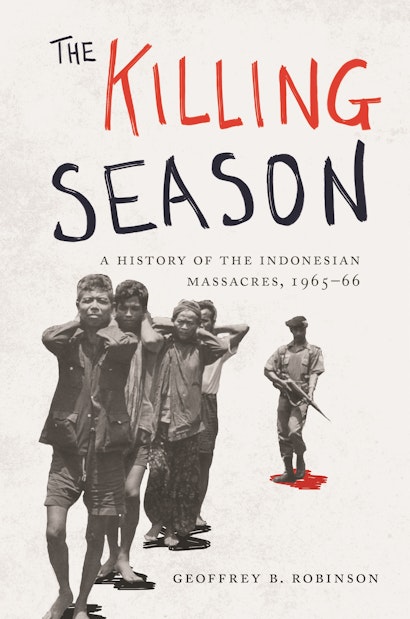 Indonesia: The Killing Season: A History of the Indonesian Massacres, 1965-66 by Geoffrey B. Robinson
Indonesia: The Killing Season: A History of the Indonesian Massacres, 1965-66 by Geoffrey B. Robinson
- I recommend this book because it researches one of the most underexplored cases of mass violence, including by scholars in the field of genocide studies. Robinson also details the critical role played by the United States, Britain, and other major powers in facilitating mass murder.
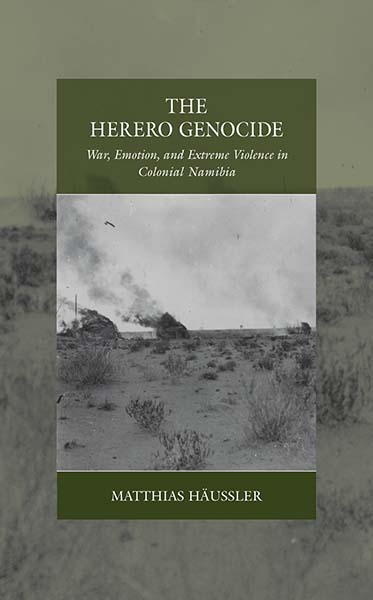 Namibia: Matthias Häussler: The Herero Genocide: War, Emotion, and Extreme Violence in Colonial Namibia
Namibia: Matthias Häussler: The Herero Genocide: War, Emotion, and Extreme Violence in Colonial Namibia
- Häussler’s book explores the genocide of the Herero and Nama people by German colonial forces in Namibia in the early 1900s. He examines the extreme violence and forced labor, alongside the emotional and psychological toll of this genocide. It’s a compelling look at a lesser known, but significant, atrocity in colonial history.
 Rwanda: James Waller: Becoming Evil: How Ordinary People Commit Genocide and Mass Killing
Rwanda: James Waller: Becoming Evil: How Ordinary People Commit Genocide and Mass Killing
- Waller explores a really important question: how do ordinary people become perpetrators of mass violence? Using case studies from events like the Holocaust and Rwanda, Waller examines the psychological and social factors that allow people to commit horrific acts. It’s a deep dive into the human psyche and the conditions that enable genocide.
 Rwanda: Michael N. Barnett: Eyewitness to a Genocide: The U.N. and Rwanda
Rwanda: Michael N. Barnett: Eyewitness to a Genocide: The U.N. and Rwanda
- This book is a critical look at the role the United Nations played during the Rwandan genocide. Barnett interviews survivors and UN personnel to show how the international community failed to intervene when mass slaughter was unfolding. It’s a sobering reflection on bureaucratic inertia and the limits of international peacekeeping.
 United States: On Genocide: And a Summary of the Evidence and the Judgments of the International War Crimes Tribunal by Jean-Paul Sartre
United States: On Genocide: And a Summary of the Evidence and the Judgments of the International War Crimes Tribunal by Jean-Paul Sartre
- On Genocide was written at the end of the 1967 International War Crimes Tribunal (also known as the Russell Tribunal after British philosopher Bertrand Russell) and was adopted by the tribunal as part of its findings. I recommend it because, even if one disagrees about use of the term genocide, On Genocide is meticulous in its summary of violence carried out by the United States. For example, Sartre writes that the intent to commit genocide is “implicit in the facts,” including “villages burned, the population subjected to massive bombing, livestock shot, vegetation destroyed by defoliants, crops ruined by toxic aerosols, and everywhere indiscriminate shooting, murder, rape and looting.”
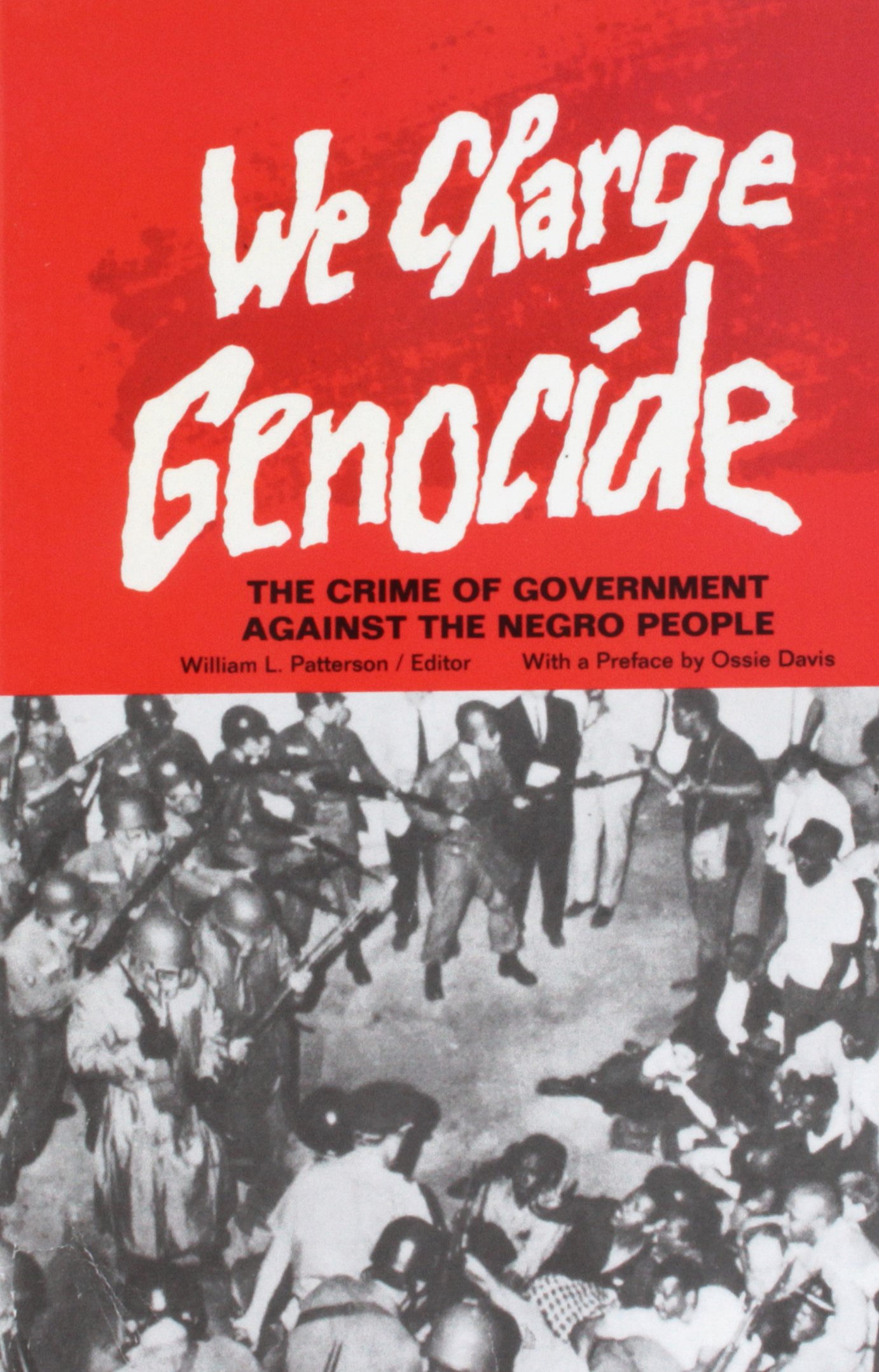 United States: William Patterson: We Charge Genocide: The Crime of Government Against the Negro People
United States: William Patterson: We Charge Genocide: The Crime of Government Against the Negro People
- This book argues that the US government’s treatment of African Americans during the 20th century meets the definition of genocide. Written by civil rights leaders, it documents racial violence and systemic oppression as an intentional strategy to eliminate Black communities. It’s an important read to understand the broader scope of genocide in a US context.
 United States: Claudine Kuradusenge-McLeod: Narratives of Victimhood and Perpetration: The Struggle of Bosnian and Rwandan Diaspora Communities in the United States
United States: Claudine Kuradusenge-McLeod: Narratives of Victimhood and Perpetration: The Struggle of Bosnian and Rwandan Diaspora Communities in the United States
- This insightful book explores the experiences of Bosnian and Rwandan diaspora communities in the US, particularly in how they navigate their identities as both victims and perpetrators of genocide. The author delves into how these communities grapple with their pasts and the trauma of genocide while trying to integrate into American society. The book is an essential read for understanding the complexities of post-genocide identity and the lasting effects of trauma on displaced populations.
 Worldwide: Jeff Bachman and Esther Ruiz: A Modern History of Forgotten Genocides and Mass Atrocities
Worldwide: Jeff Bachman and Esther Ruiz: A Modern History of Forgotten Genocides and Mass Atrocities
- This book is a great resource for anyone interested in genocides and mass atrocities that are often overlooked or forgotten in mainstream discussions. Bachman and Ruiz cover a range of tragic events that don’t always get the attention they deserve, shining a light on underreported genocides and mass killings in modern history.
Genocide Awareness Month Events
The Struggle for Peace: Understanding Violence in Congo Thursday, April 10 | 5:00 p.m. - 6:30 p.m. | Abramson Family Founders Room
Join us for an insightful and thought-provoking event focused on the ongoing violence and instability in the Democratic Republic of Congo (DRC). This event aims to raise awareness and foster a deeper understanding of the complex issues surrounding the lack of peace in the region. Through expert speakers and in-depth discussions, we will explore the root causes of the conflict, the impact on communities, and the global implications.
The Armenian Genocide and Its Ongoing LegacyTuesday, April 22 | 3:30 p.m. - 5:00 p.m. | Abramson Family Founders Room
SIS professor Julien Zarifian will present on the significance of international recognition of the Armenian Genocide. Margarita Tadevosyan (George Mason University) will discuss narratives of displacement after September 2023 and their connection to Armenian Genocide identity within the Armenian population.
Legacy of the Role Played by the US in Genocide and Politicide in Indonesia and East TimorFriay, April 25 | 2:30 p.m. - 4:00 p.m. | Abramson Family Founders Room
Join SIS professor Jeff Bachman and Dr. Bradley Simpson, founder of a National Security Archive project, for a discussion on the US role in Indonesia’s anti-Communist massacres (1965-1966) and the brutal invasion and occupation of East Timor (1975-1979).